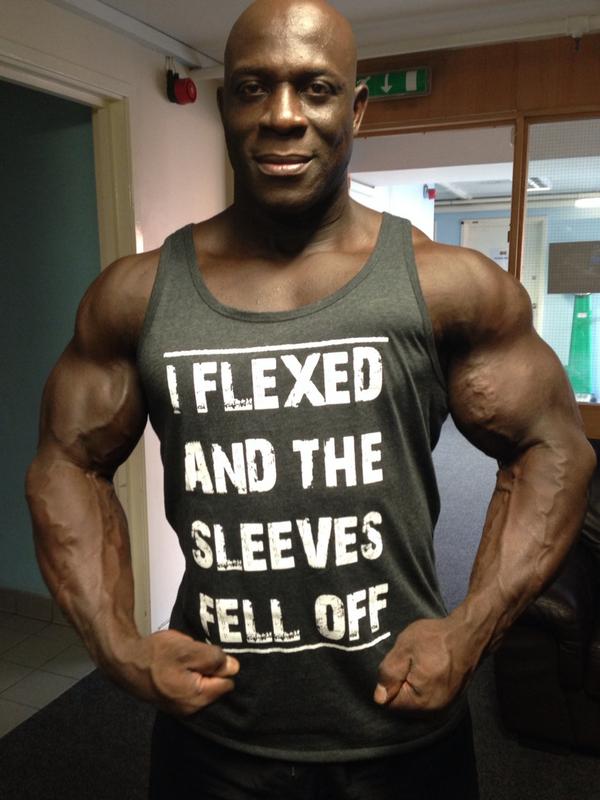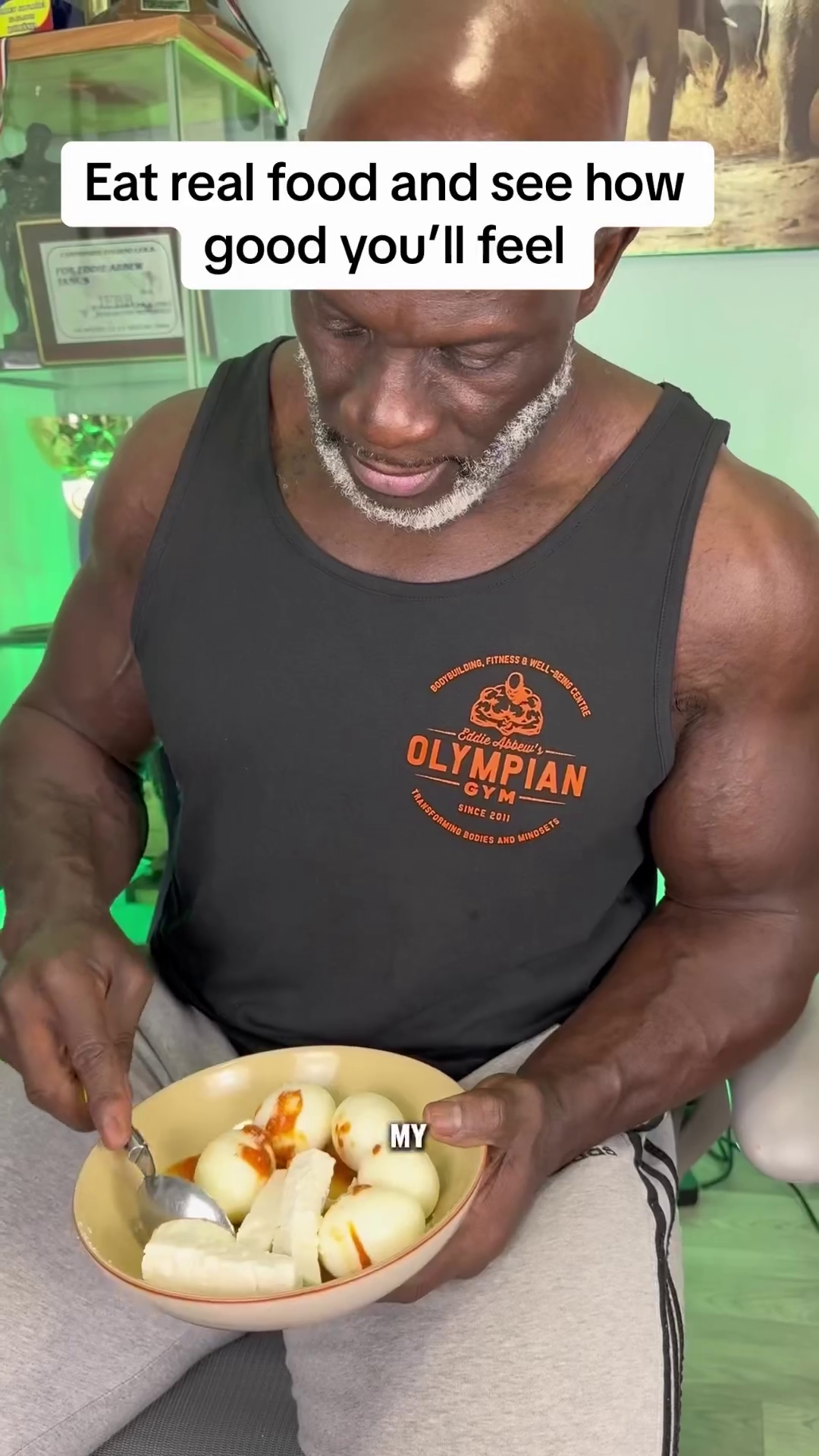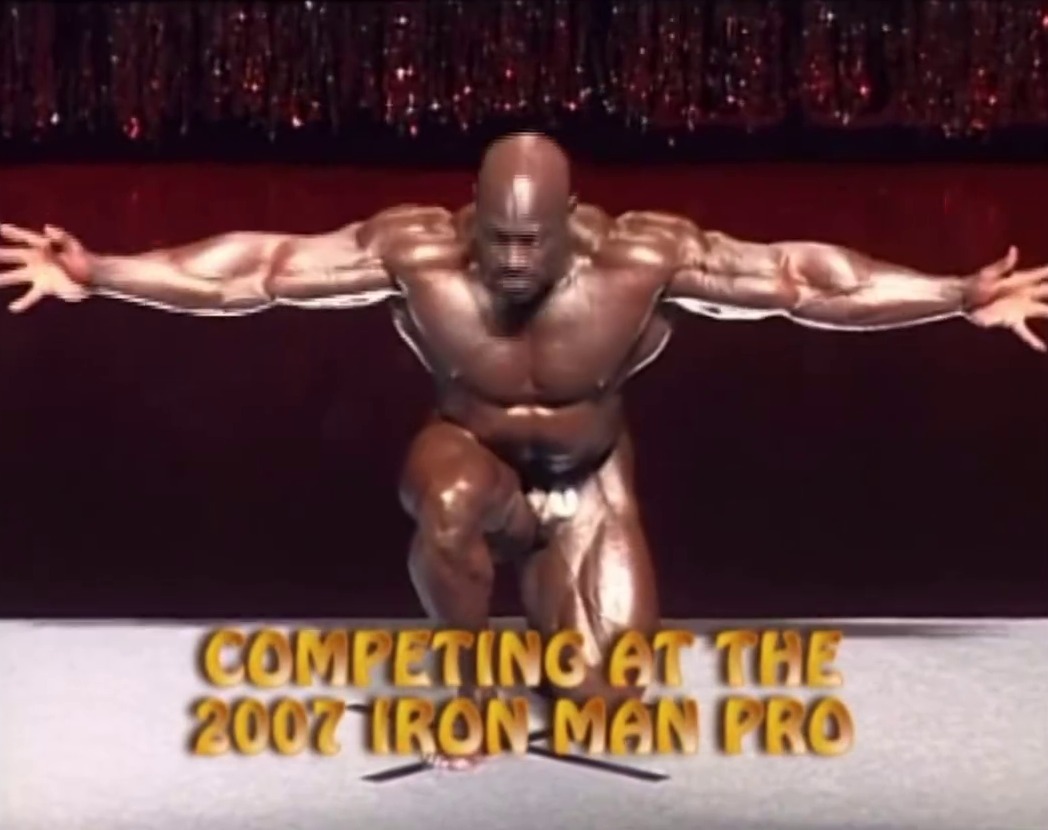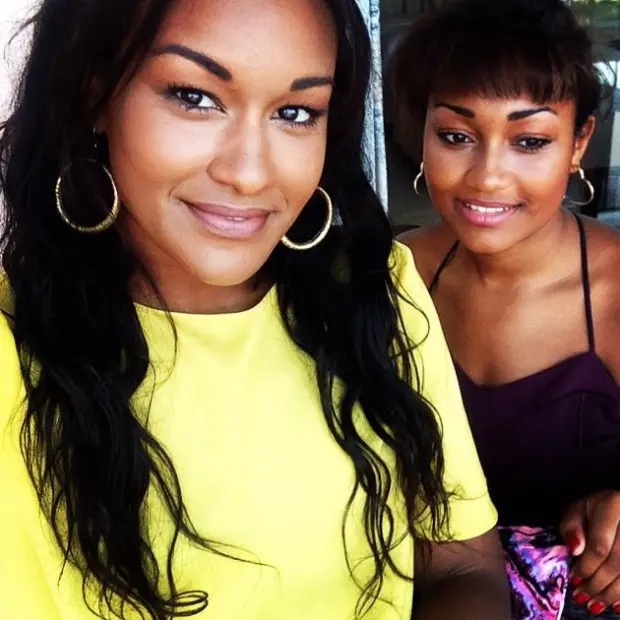EDDIE Abbew is well known on social media for posting about fitness tips, bodybuilding myths and his diet plans.
Here’s everything you need to know about Britain’s former No.1 bodybuilder, who says he was once a “skinny” child.
Who is Eddie Abbew?
Eddie Abbew was born on November 19, 1967 in Ghana.
Speaking about how he got into bodybuilding, Eddie told TheGlobalTownHall: “As a child I was quite skinny, but this all changed by the age of 16 when I discovered weights.
“I played hockey, basketball, table tennis, tennis and tried my hand at soccer, even though I was not very good at it.
“I just loved sports as a child and I was in the school Athletics team with Paul Ereng, who went on to win a gold medal at the Olympics.”
Eddie rose to prominence in the world of bodybuilding when he won the 1997 British Championships.
The highlight of his 12-year professional career was coming third in Ironman 2007, which qualified him to compete in that year’s Mr Olympia.
He has since gone on to become an online celebrity, sharing his bodybuilding and fitness stories, as well has his diet plans, on social media platforms including Instagram, TikTok and Facebook.
What is Eddie Abbew’s diet plan?
Eddie has a number of diet plans, which can be found on his numerous social media accounts.
On Instagram in November 2023 he posted ‘the fat burns fat’ diet — which is as follows:
- Meal one: For a male — six eggs and a large avocado; for a female — four eggs and one small avocado
- Meal two: For a male — 200g protein (high fat protein such as chicken thighs, lamb, steak, mince, pork, salmon, sea bass) and two fat choices (for a male — one large avocado, 24 olives, 60g nuts, 50g cheese or 20g butter; for a female — one small avocado, 18 olives, 40g nuts, 30g cheese or 15g butter) plus cruciferous vegetables (such as cabbage, cauliflower, garden cress, kale, broccoli, Brussels sprouts, bok choy, mustard plant or similar green leaf vegetables)
- Meal three should be similar to meal two — follow the same template but select different options
- Meal four is also similar to meal two, but again utilising different fat and veg options
- As the diet progresses carbs should be added before and after training — for a male 150g, and female 100g (that’s the cooked weight) — and Eddie highly recommends sweet potato as his carb of choice
He wrote: “This is the only way you’ll build muscle and lose fat simultaneously. Your joint pain will improve. You will not feel tired. You will always be satiated. You will have mental clarity. You will have tons of energy. Your skin will glow.”
Did Eddie Abbew win Mr Olympia?
No, Eddie did not win Mr Olympia.
But he did compete in the 2007 edition of the competition.
However, Abbew didn’t place in the top 10.
Is Eddie Abbew married?
Eddie wife’s name is Marisa.
The couple are both qualified psychiatric nurses and now run Eddie Abbew’s Olympian Gym in Hemel Hempstead.
According to the gym’s website, they use their “experience, knowledge and compassion” to “help change many clients’ lifestyles, mindsets and wellbeing”.
Does Eddie Abbew have any children?
Eddie has three children.
His firstborn child was a daughter, Eva, and he also has a son named Brandon.
The youngest is another daughter named Selina, who helps share her father’s health and diet philosophies online.
Eddie regularly posts about his children on social media.
In an Instagram story posted on September 10, 2023 Eddie said of his daughter’s wedding: “A year ago today, I gave my first born, my daughter Eva, away in marriage. I walked her down the aisle.
“I was overwhelmed with emotions on the eve of the wedding. I did not sleep a wink.
“My son, Brandon had to more or less dress me up for the wedding. I was a mess.”
And in an interview with TheGlobalTownHall, he said: “I am a parent with three children and I think feeding them is one of the most difficult tasks.
“Children are inundated with advertisements about junk food. As a parent who is determined make his children eat healthily, it’s sometimes very difficult to contradict the messages that the advertisers convey.
“We only buy foods that we think are healthy for our children. Very rarely would you see cookies, white bread, cakes, fizzy drinks, etc. in our cupboards and fridge.”





